info@vivavel.com
+919818262686
+919818262686
 info@vivavel.com
info@vivavel.com +919818262686
+919818262686Kidney cancer occurs when abnormal cells in the kidney grow uncontrollably, forming a tumor. The most common type of kidney cancer is called renal cell carcinoma (RCC), which starts in the kidney's small filtering units, known as nephrons. Detecting kidney cancer early is crucial because it improves the chances of successful treatment. Signs of kidney cancer may include blood in the urine, lower back pain, weight loss, or a lump in the side or abdomen. However, many people may not notice symptoms in the early stages, which is why regular check-ups are important for early diagnosis. Treatment for kidney cancer usually involves surgery to remove the tumor or, in some cases, the entire kidney. Doctors may also use targeted therapies, radiation, or immunotherapy to prevent the cancer from spreading. Kidney cancer can spread to other parts of the body if not treated promptly, so seeking medical help at the first sign of symptoms is essential. Maintaining a healthy lifestyle, such as not smoking and eating a proper diet, can also help reduce the risk of developing kidney cancer.
 Kidney cancer may not cause symptoms in the early stages, but as it progresses, symptoms can include:
Kidney cancer may not cause symptoms in the early stages, but as it progresses, symptoms can include:
Blood in the urine (may look pink, red, or brown)
Lower back pain (usually on one side, not due to injury)
A lump or mass in the lower back or side
Unexplained weight loss
Fever (that comes and goes)
Fatigue (feeling unusually tired or weak)
Loss of appetite
Other conditions can also cause these symptoms, so it's essential to consult a doctor.

 The exact cause of kidney cancer is not known, but certain factors can increase your risk. Kidney cancer develops when genetic mutations occur in kidney cells, causing them to grow uncontrollably and form a tumor. Over time, these cancer cells can spread to other parts of the body (metastasis).
The exact cause of kidney cancer is not known, but certain factors can increase your risk. Kidney cancer develops when genetic mutations occur in kidney cells, causing them to grow uncontrollably and form a tumor. Over time, these cancer cells can spread to other parts of the body (metastasis).
 If you notice any of the following symptoms, it's essential to see a doctor:
If you notice any of the following symptoms, it's essential to see a doctor:
Blood in your urine
Persistent lower back pain or a lump in the side
Unexplained weight loss, fever, or extreme fatigue
Even if the symptoms seem mild, getting checked is better, as early detection of kidney cancer can improve the chances of successful treatment.
 To diagnose kidney cancer, your doctor may recommend the following tests:
To diagnose kidney cancer, your doctor may recommend the following tests:
Imaging tests:
Ultrasound: Helps visualize the kidney and detect tumors.
CT scan or MRI: Gives detailed images of the kidney and nearby organs.
X-rays: Used to check if cancer has spread to the lungs.
Urine tests: To check for blood in the urine or other abnormalities.
Blood tests: To assess kidney function and check for any abnormal substances in the blood.
Biopsy: A small sample of kidney tissue is taken and examined under a microscope to confirm cancer.
 Do's:
Do's:
Stay hydrated: Drink enough water to keep your kidneys healthy.
Follow your treatment plan: Attend all scheduled medical appointments and follow the instructions provided by your healthcare team.
Eat a balanced diet: A healthy diet supports overall well-being and helps maintain strength during treatment.
Exercise regularly: Engaging in light exercise can help keep you active and boost your energy levels.
Monitor your symptoms: Report any changes in symptoms to your doctor immediately.
 Don'ts:
Don'ts:
Avoid smoking: Smoking is a significant risk factor for kidney cancer. Quitting can lower your risk and help with recovery.
Limit alcohol consumption: Alcohol can strain your kidneys, so it's best to limit or avoid it.
Don't ignore symptoms: If you notice new or worsening symptoms, seek medical attention immediately.
Avoid processed and high-fat foods: These foods can increase cancer risk and negatively impact your recovery.
Disclaimer:
Our medical content authors have diligently gathered and synthesized information on this topic to offer valuable insights to our readers. Drawing from a range of reputable medical journals and health resources, this content aims to enhance understanding of the subject. It's essential to remember that while this information is informative, it should not replace personalized consultation or treatment from a qualified healthcare professional. For further details, please refer to our Editorial Policy.
For this topic, our authors used some of the following resources:
Cleveland Clinic | Kidney Cancer
ACS | Kidney Cancer Causes, Risk Factors, and Prevention
ACS | Kidney Cancer Signs and Symptoms





![]() Pusa Road, Radha Soami Satsang, Rajendra Place New Delhi, 110005 India
Pusa Road, Radha Soami Satsang, Rajendra Place New Delhi, 110005 India
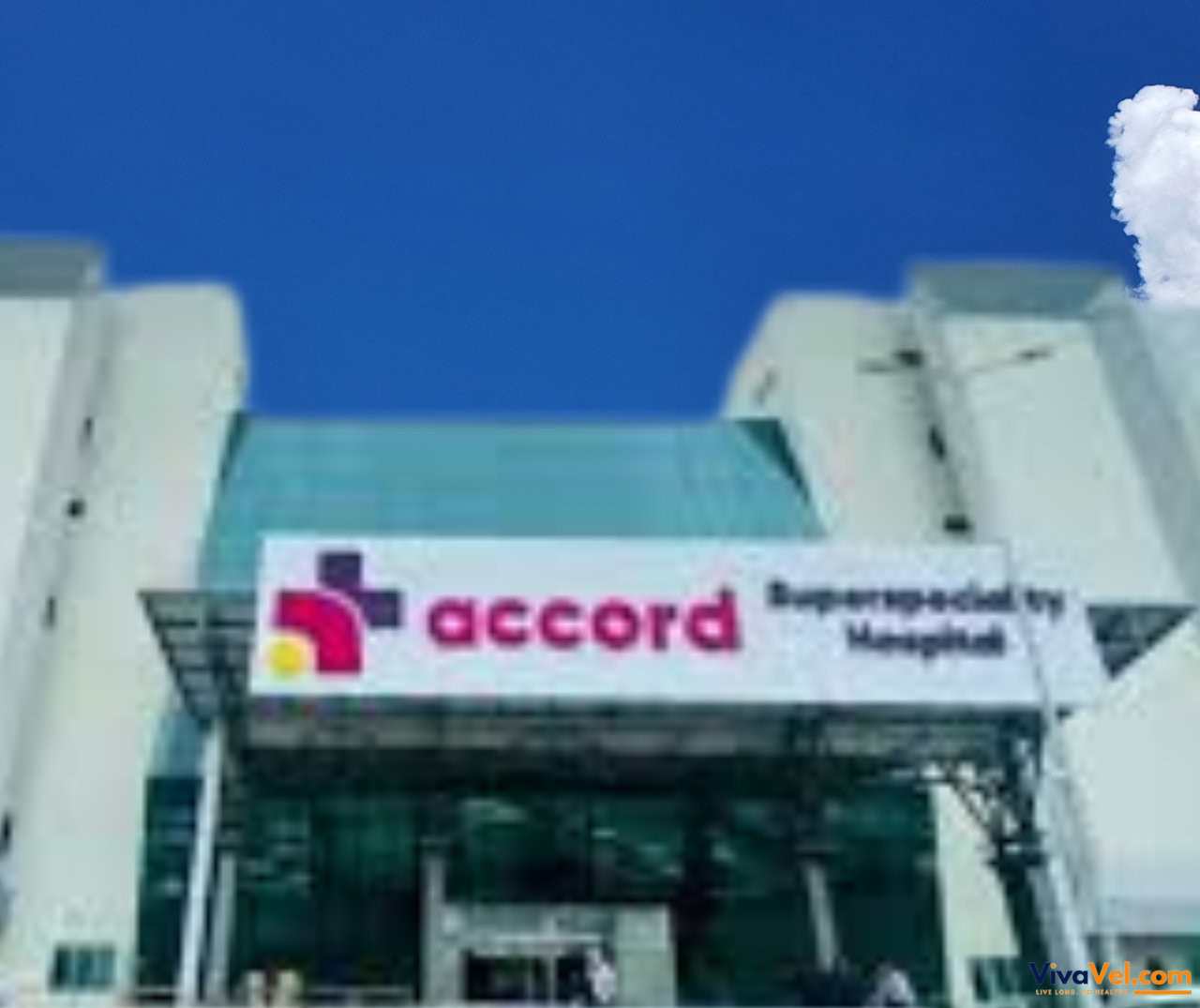


![]() Budena Village, Sector 86, Faridabad, Haryana 121002, India
Budena Village, Sector 86, Faridabad, Haryana 121002, India
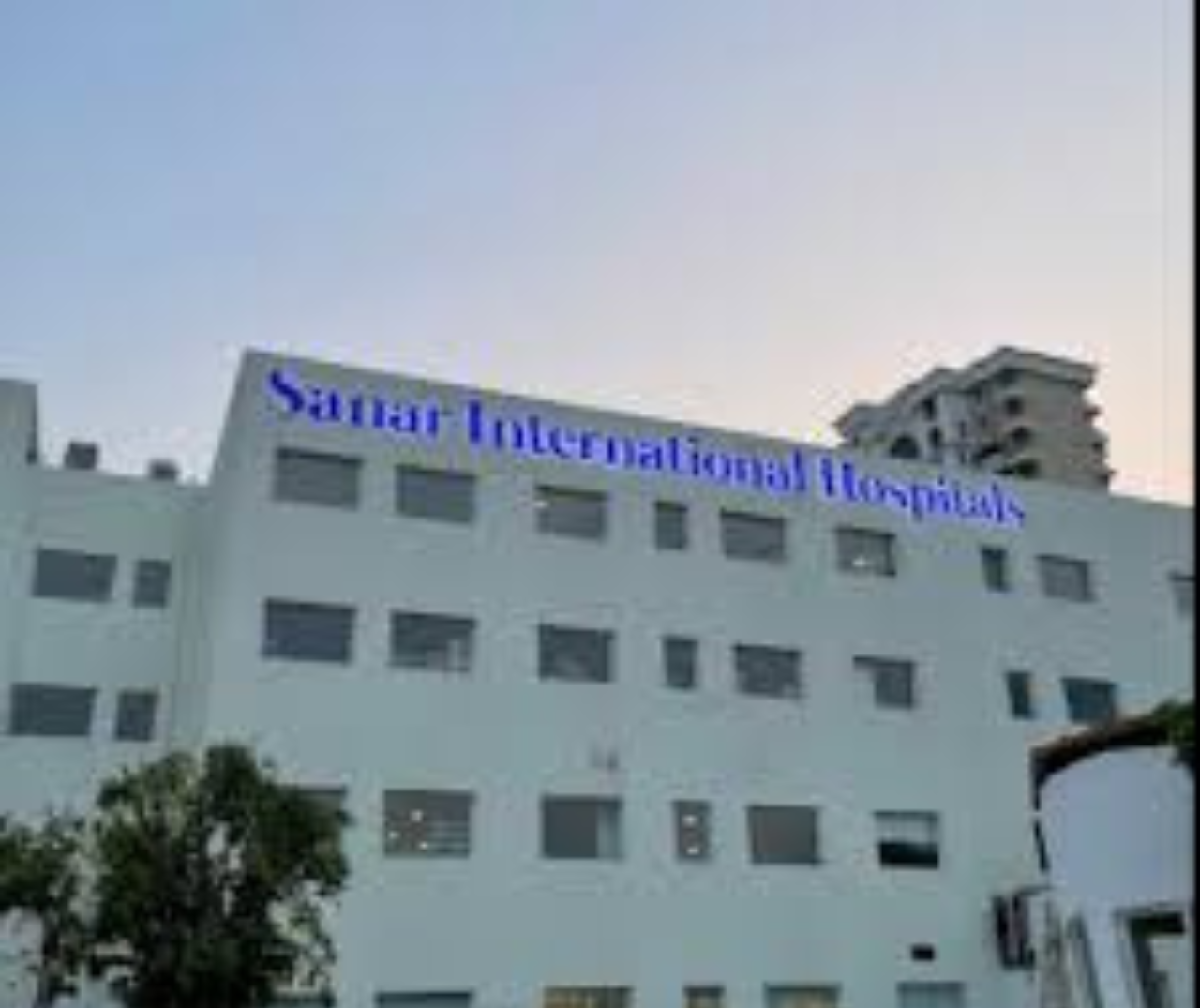


![]() Golf Course Rd, Parsvnath Exotica, DLF Phase 5, Sector 53, Gurugram, Haryana Gurgaon, 122022 India
Golf Course Rd, Parsvnath Exotica, DLF Phase 5, Sector 53, Gurugram, Haryana Gurgaon, 122022 India
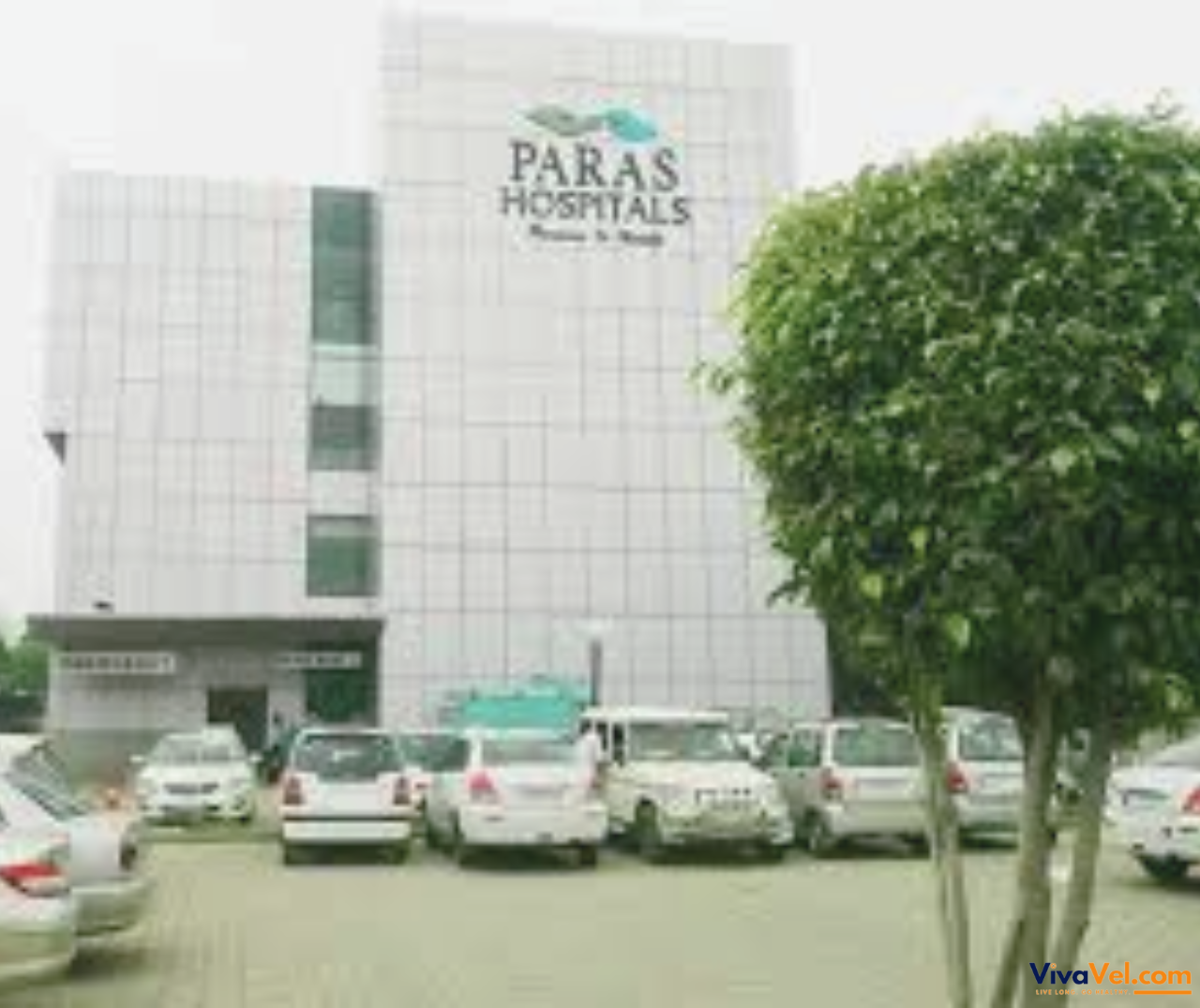


![]() C-1, Sushant Lok- 1, Sector-43, Phase- I, Gurugram, Haryana, 122002
C-1, Sushant Lok- 1, Sector-43, Phase- I, Gurugram, Haryana, 122002

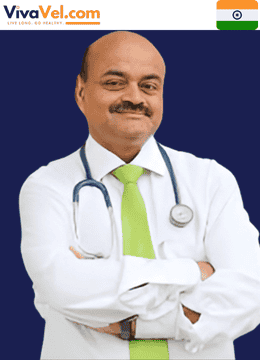
Dr. Jitendra Kumar is a famous name in nephrology and is renowned as the top kidney specialist in Faridabad, India. He completed his DM (Nephrology) at the Sanjay Gan...
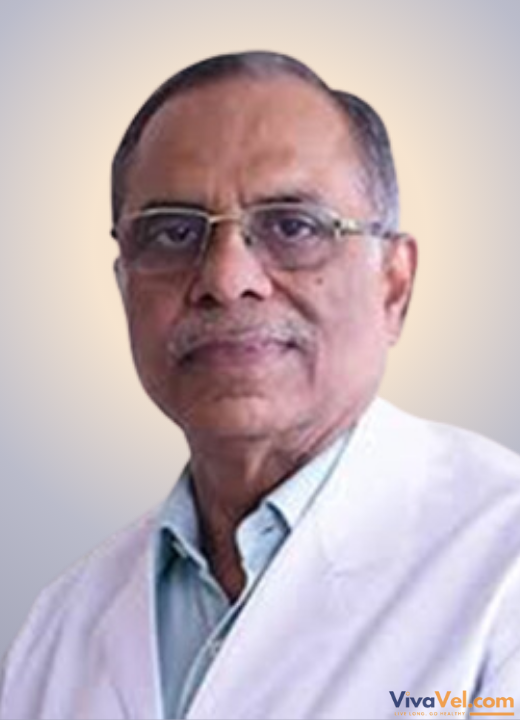
Dr. Narula has received numerous prestigious awards, including the Air Marshal Ajit Nath Award, Maj Gen Amir Chand Award, Chief of Naval Staff Award, Best Officer Award, and ...
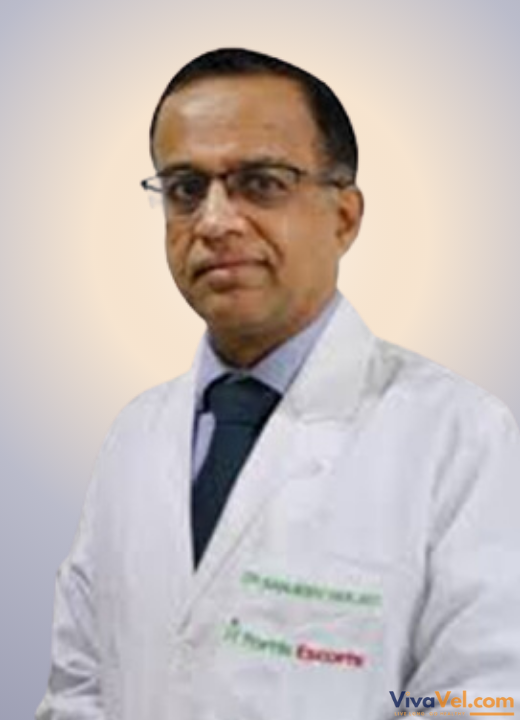
Dr. Sanjeev Gulati is an Executive Director in the Department of Nephrology & Kidney Transplant and previously worked as an Additional Professor in Nephrology at Sanjay G...

Dr. Paresh Jain is the director of urology and has over 16 years of rich experience. He specializes in Laparoscopic Urology, Endourology - URS, PCNL, RIRS, TURP, Lase...

Dr. Akash Gupta is a renowned nephrologist and kidney transplant specialist in New Delhi. He is an Associate Consultant in Nephrology at Escort Fortis and brings over...

Dr. Sonal Dalal is a highly respected nephrologist in Ahmedabad. She is renowned for her extensive experience and expertise in kidney-related ailments. She se...
Treatment Plan & Cost within 2 days
